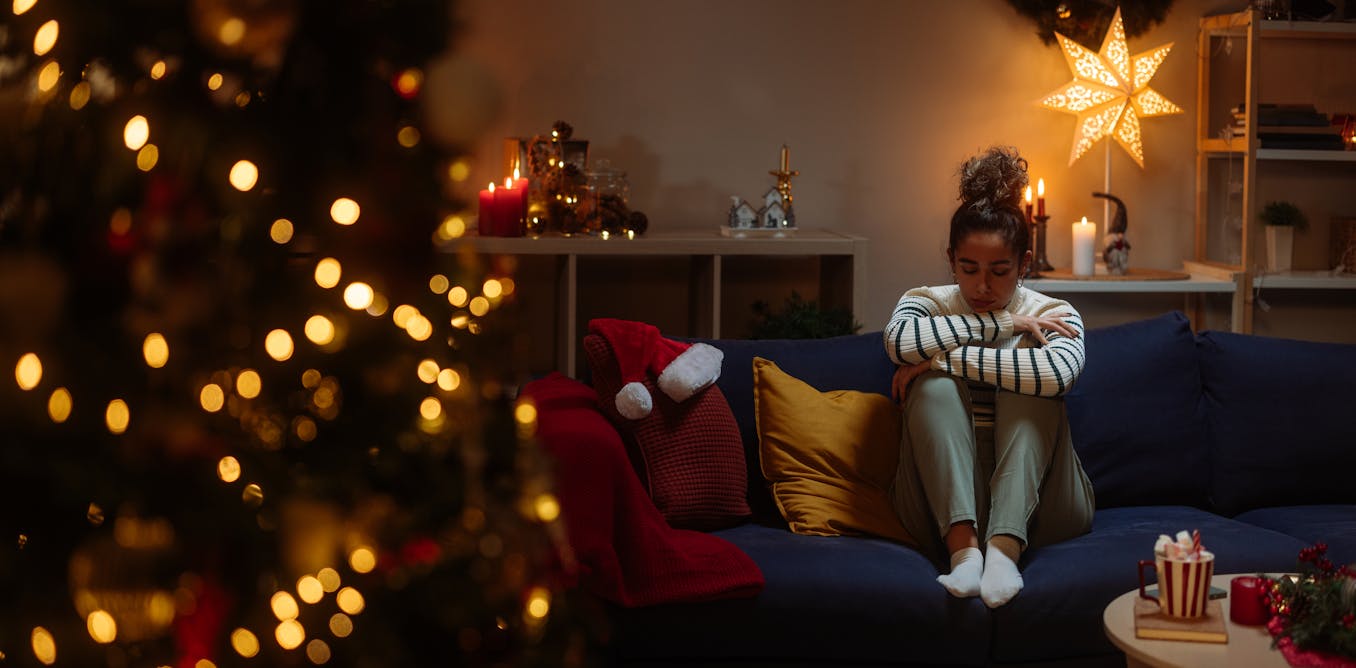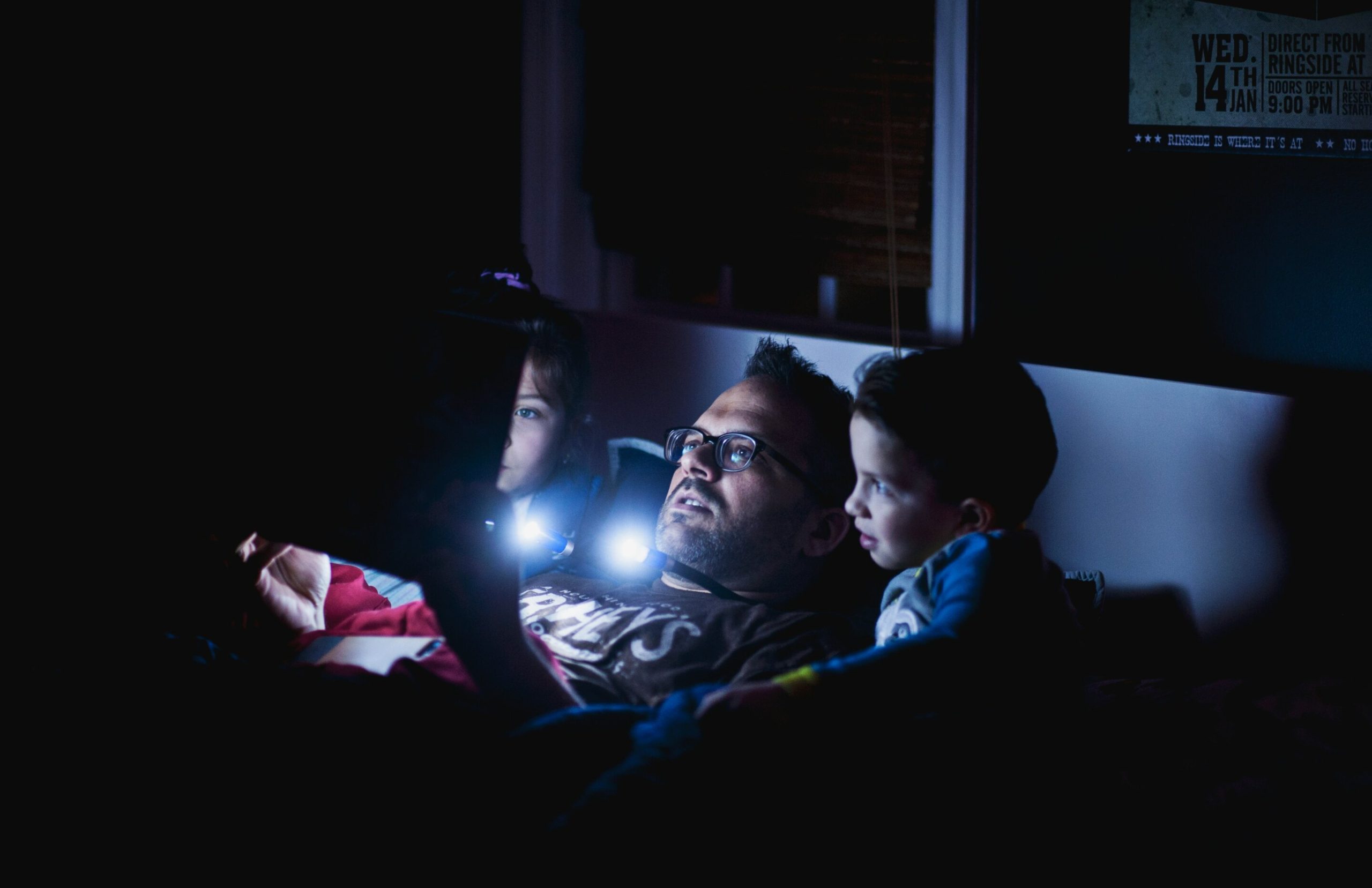People whose jobs are highly sedentary — an estimated 80% of the modern workforce — experience a much higher risk of insomnia symptoms, according to a new study led by University of South Florida psychologist Claire Smith.
The findings, newly published in the Journal of Occupational Health Psychology, show that among more than 1,000 employees surveyed over a decade, sedentary work and nonstandard work times are significant threats to sleep health.
Those two factors, hastened by technological changes such as increased computer work, are linked to a 37% increase in insomnia symptoms among sedentary workers and a 66% greater risk of needing “catch-up sleep” — defined as frequent napping or sleeping in on weekends — for those who keep nontraditional work schedules.
“The way we are designing work poses serious, long-term threats to healthy sleep,” Smith said. “Healthy sleep involves more than just getting your eight hours. It’s also falling asleep easily, sleeping through the night and having a consistent sleep schedule. Companies should be aware of the specific sleep risks of their workforce to improve detection and intervention.”
The research, based on data from the national Midlife in the United States study, identified three sleep health categories among workers over a 10-year period: good sleepers, catch-up sleepers and insomnia-like sleepers.
The study found that sedentary work is strongly linked to the insomnia sleeper category, characterized by symptoms such as difficulty falling asleep, interrupted sleep and frequent daytime tiredness. Meanwhile, employees with nontraditional schedules, such as working night shifts, were more likely to fall into the catch-up sleeper group.
Smith said the research suggests that moving your body during the workday and limiting after-hours work may not just help you sleep well that night but protect against ongoing sleep problems a decade later.
The study also shows that workers who fall into a pattern of poor sleep due to their job design, such as long hours of sedentary work or erratic schedules, may end up stuck in such unhealthy patterns for years. For example, 90% of insomnia-like sleepers saw their symptoms persist 10 years later.
“This is particularly important for both employers and employees, since research shows that poor sleep health is known to impact productivity, well-being and overall health,” said Smith, who led the project in collaboration with an interdisciplinary team of experts in psychology, psychiatry, aging and medicine.
She added that the findings suggest redesigning jobs with sleep health in mind could be key to improving worker well-being and underscore the need for workplace interventions that consider sleep health as a dynamic, multifaceted issue, rather than a one-size-fits-all problem.
The study was supported by grants from the National Institute on Aging and included researchers from Penn State University, University of Pittsburgh, Arizona State University and St. Anne’s University (Czech Republic).


